Article: Elizabeth Dangerfield (Canberra Organic – Autumn 2019)

All gardeners know that gardening is good for your soul as well as your body; but did you know that gardening is good for your brain and can help to reduce your chances of getting dementia?
Aerobic exercise increases blood supply to the brain, and this helps improve memory and helps the brain to stay healthy. But forget about the gym—digging over the garden will get the heart pumping and autumn is just the time to do that. Walking briskly to the garden, pushing wheelbarrows, pruning and weeding with vigour so that you feel a bit puffed out is good for your brain. And hopefully after a workout in the garden and all that fresh air you will sleep like a baby. A good night’s sleep is essential to brain health. Autumn is also the best time for laying out gardens, so you might like to plan a garden that will help keep your brain healthy for years to come.
One of the best foods for brain health is berries, especially raspberries and blueberries as they contain resveratrol and anthocyanins. They are not hard to grow in Canberra, but blueberries prefer quite acidic soils and like to have their roots moist. Raspberries will try to escape so sink a barrier around them or grow them in the ground in a big plastic post with its bottom removed. A few healthy plants of each should provide you will enough fruit to freeze for the rest of the year, once they are established. Grow lots of strawberries and freeze them too—frozen strawberries make great ice cubes.
Next make sure you have a constant supply of dark green leafy vegetables. They are full of folate, Vitamins E, C, K, B and magnesium. English spinach is good to grow at the beginning of autumn and the beginning of spring when the temperatures are still cool. Kale is great for winter. I find it a bit tough but if you spray the leaves with olive oil, sprinkle on some sesame seeds and toast them in the oven they make very tasty “chips”. Broccoli is particularly good brain food because it has high levels of vitamin K, which helps to strengthen cognitive abilities, and choline which has been found to improve memory. It can just about be grown all year round if you choose the right varieties and cover it with horticultural fleece in the winter to protect it from the worse frosts and vegie net in summer to shade it a bit and protect it from cabbage butterflies. Just about all members of the cabbage family are good for you. But if you want a constant, reliable source of leafy greens just plant some silver beet.
And don’t forget dark coloured salad ingredients like rocket. You can grow a range of salad ingredients all year round if you pick the right varieties and autumn is time to draw up plans for doing this. Eating salad every day is good news for your brain especially if you use an olive oil and cider vinegar dressing. Always include juicy, ripe tomatoes if you can because they have high levels of lycopene, a powerful antioxidant with a wide range of health benefits. It may protect against some cancers such as prostate cancer, for example, and it may also help prevent seizures and memory loss experienced in age-related brain diseases. Grow lots of tomatoes and at the end of the season turn them into purées and sauces to eat the year round because cooked tomatoes have higher levels of lycopene.
A great healthy combination is mixed lettuce leaves, rocket, fresh broccoli, segmented oranges, thin slices of radish, tomatoes, avocado and cashew nuts with a dressing containing some orange juice.
If you have enough room grow some nuts as they are terrific brain food. Walnuts are the best nut for brain health because they have high concentrations of DHA, a type of omega-3 fatty acid which apparently improves cognitive performance and can ameliorate or even prevent age-related cognitive decline. Unfortunately, they grow into very large trees; fortunately other nuts also have lots of omega-3 fatty acids. Almonds are smaller trees so may be a better option and hazelnuts grow very well in Canberra. I have tried growing peanuts (not a true nut but still good for you); you can get special seed stock from suppliers; but I did not have a great success. The same with the macadamia tree I tried to grow in my passive solar glasshouse and not to mention the avocado. I guess it is a kind of plant torture to try and grow these warmth loving plants in our harsh climate. I would be interested in any feedback from gardeners who have had any success with these plants in Canberra.
You can make your own dukkah, a Middle Eastern blend of nuts, seeds and spices, and sprinkle it on salads and vegetables. There are as many variations as you have imagination. Here is an Egyptian recipe but the mixture does not have to be this complex. Just make sure your spices are fresh. If they don’t smell vibrant replace them.
Recipe for Dukkah
- Gently dry roast a third of a cup of whole hazelnuts and the same of almonds for a couple of minutes. Place them in a tea towel and rub off their skins.
- Dry roast a couple of tablespoons of pumpkin or sunflower seeds then 1tsp of fennel seeds, 1tbsp cumin seeds, 2 tbsp of coriander seeds and 3 tbsp of sesame seeds, for a minute or two.
- Put the ingredients into a food processor or use a mortar and pestle to chop up the mixture, but not too finely.
- Add a little sweet paprika pepper to the mix or some ground saffron and some salt.
- Store in an air tight container in the fridge.
